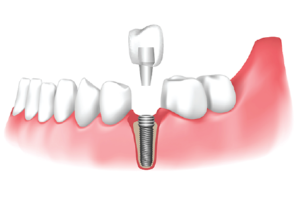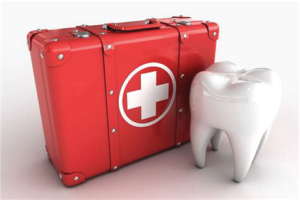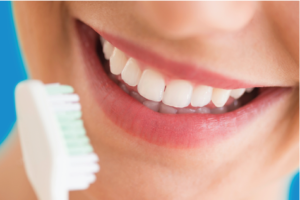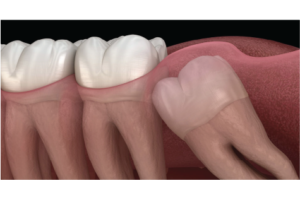SIMPLE TOOTH BRUSHING MISTAKES TO AVOID
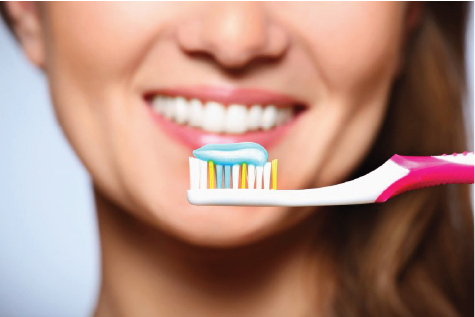
Maintaining good oral health will help preserve the robust and proper functioning of your immune system, which is essential in a global pandemic like Covid-19. Good dental hygiene begins at home. Brushing your teeth the right way is vital to keep your gums and teeth healthy. Here are a few common mistakes to avoid while brushing your teeth.
You’re not brushing your teeth long enough:
Two minutes is the recommended time to brush your teeth (30 seconds per quadrant). However, the average brushing time most people spend is around 45 seconds. Set a timer on your phone if you’re not sure of hitting the two-minute mark.
You’re using a wrong toothbrush:
Choosing the right toothbrush can be tricky, especially when there are so many choices available in the market. Avoid hard-bristled brushes, as they can damage gum tissue and also wear down tooth structure. Instead, look for a “soft” toothbrush and choose a size or shape that fits easily into your mouth and allows you to easily access all areas.
You’re not using the correct technique
Wrong brushing technique can have a negative effect on your teeth health. There are a variety of teeth brushing techniques; all of which may have advantages depending on the individual needs of the person. One recommended method is to place your toothbrush at an angle of 45 degrees to the gum line and gently move it back and forth in short strokes. Irrespective of the technique used, brushing should touch all surfaces – inside, outside, and chewing.
You’re brushing too often or hard:
Forceful and vigorous brushing can wear the enamel on your teeth, leading to sensitivity and recession of your gums. Excessive brushing can also wear away tooth structure and cause damage to the gums. It is advised to brush gently twice a day.
You’re brushing right after eating:
You should avoid brushing your teeth for at least 60 minutes after you have eaten something acidic. Foods that contain citric acids, such as oranges, grapefruits, and lemons, weaken the enamel in the tooth. Brushing too soon after eating can damage the enamel in its weakened state.
You’re not replacing your toothbrush often enough:
The American Dental Association (ADA) suggests having a new brush every three to four months or as soon as the bristles become frayed. Frayed or damaged bristles are not effective in plaque removal.
You’re not replacing your toothbrush after getting sick
Viral and bacterial infections are of significant concern and replacing the toothbrush decreases the likelihood of being sick again. It’s also a simple step to make sure the lingering bacteria or viruses are not passed on to family members.
You’re not storing your brush properly:
Storing a wet toothbrush in a closed container encourages microbial growth. Toothbrushes should be kept upright after use and allowed to air dry. You should also ensure that the toothbrushes of your family members do not touch each other inside the storage container.
You stop brushing:
Do not stop brushing if your teeth hurt or your gums bleed when you brush. Schedule an appointment to see the dentist and find out what’s going on. Your dentist will diagnose the problem and suggest a proper treatment plan.
To conclude, tooth brushing is such an ingrained habit, about which few people think twice. But you can get sloppy, as with any habit, and that can lead to oral health problems. By fixing some of these errors and regular visits to your dentist, you will work towards a healthier smile and ensure long-term protection for your teeth and gums.
Should you replace missing teeth
Should you replace missing teeth? You might think that you...
Read MoreWhat to do in a dental emergency
WHAT TO DO IN A DENTAL EMERGENCY? Emergencies concerning the...
Read MoreCan oralhealth affect general health
Can oralhealth affect general health How poor dental health can...
Read MoreBe wise about your wisdom teeth
Be wise about your wisdom teeth One major dental milestone...
Read More
Dr. Paresh Lotlekar is a leading dental practitioner specialising in Periodontology & Oral implantology and the founder of STUDIO32 (studio32india.com), a chain of super speciality dental clinics in Goa.

